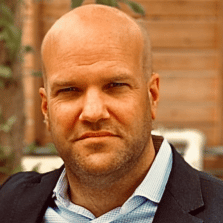
ILLICIT DRUGS

Seeking treatment? Questions?
Get 24/7 confidential help now:
Or Receive A Call:
Last Medically Reviewed 15 November 2022
ILLICIT DRUGS
Illicit drugs are substances that are illegal to possess and sell. They have no medicinal uses and are dangerous for physical and mental health. Many substance use disorders start with illicit substance abuse.
ILLICIT DRUGS
DEFINITION
Most illicit drugs are unregulated substances such as heroin, cocaine, and marijuana, but prescription drugs are also categorized as illicit drugs when illegally obtained. Prescription drugs that are chemically compromised – such as fentanyl which is frequently mixed with heroin – are also known as illicit drugs. The Drug Enforcement Administration (DEA) evaluates prescription and illegal drugs’ uses and safety implications, classifying them into schedules depending on their medicinal applications and risk of misuse. These classifications vary from Schedule I drugs, which have a high potential for addiction but minimal medicinal value, to Schedule V drugs, which are non-addictive and have established medical applications.
Most illegal drugs, including heroin, LSD, marijuana, and ecstasy, are classified as Schedule I. However other illicit substances, such as cocaine and methamphetamine, are classified as schedule II. According to their DEA schedules, most illegal substances are not safe for medical or recreational use and can be addictive. Illegal drug use comes with serious, even life-threatening consequences, such as drug dependence, addiction and overdose.
THE DANGERS OF
ILLICIT DRUG USE
Illicit drug use is dangerous for various reasons, including, but not limited to:
• Many illicit drugs are highly addictive.
• Because illegal drugs are unregulated, it is impossible to know how strong they are
• Many drug traffickers cut or blend illegal drugs with other potentially harmful drugs and chemicals
• Injecting illicit drugs increases the user’s chances of catching infections such as HIV and hepatitis
One of the most significant risks of illicit drug use is the danger of addiction. It is easy to build up a physical tolerance to a drug over time, which quickly leads to the user needing more and more of the drug in order to feel the same effects.
However, taking huge doses of any drug, prescribed or illicit, might end in a deadly overdose or trigger a long-term substance use disorder. Despite these risks, illegal drug use is a widespread problem in the United States.
Illicit drugs come in various forms, each with its own side effects. Examples of illegal substances include stimulants such as cocaine, opioids such as heroin, and hallucinogens such as LSD.
A complete list of illicit drugs and unregulated chemicals might include the following:
- Cocaine
- Methamphetamine
- Crack
- Ecstasy
- MDMA
- Heroin
- Marijuana
- Ayahuasca
- Mushrooms
- Peyote
- LSD
- PCP
- Salvia
ADDICTION TREATMENT FOR ILLICIT
DRUG ADDICTION
At Psyclarity Health centers, we offer a wide range of highly effective, dynamic treatment modalities designed to treat addiction and cooccurring disorders.
Our treatment options for illicit drug addiction include:
• Medical detox
• Inpatient or residential care
• Partial hospitalization programs (PHP)
• Intensive outpatient programs (IOP)
• Outpatient programs (OP)
Withdrawal from illicit drug addiction can be dangerous and even life-threatening. To ensure your safety and the best chances of a successful recovery, it is best to seek professional help and detox in the safety of a specialist environment. If you or a loved one are struggling with illicit drug addiction, we are here to help. Psyclarity Health has facilities all over the country and offers customizable recovery programs that are tailored to your unique needs. If you or a loved one are struggling to overcome illicit drug addiction, get in touch with us today. We will guide you to your nearest Psyclarity Health facility to get the help you need to overcome addiction and live your life to its fullest potential.
MAKE THE CALL
Don’t go through the process of recovery alone.
There are people who can help you with the struggle you’re facing. Get in touch with one today.
Call Now: 855-924-5350
GET THE CALL
Enter your phone number below to request a call from a treatment professional.







